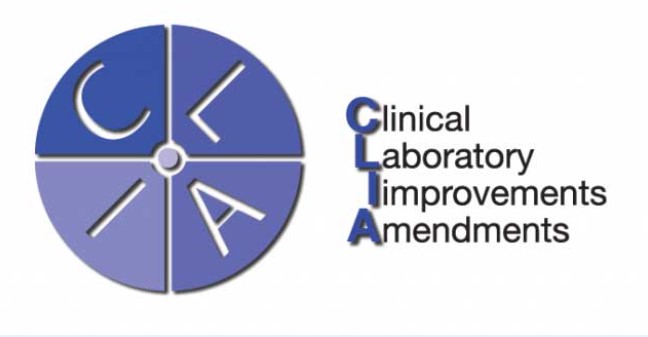Axonics is a brand of sacral neuromodulation stimulator (SNS). This is used when there is an abnormal communication between your brain and your bladder or bowel is causing overactive bladder, fecal incontinence or urinary retention. SNS is often thought of like a pacemaker for the bladder. It is something that regulates electrical currents to allow the bladder to function properly. SNS is used after medications have failed.
What does this treatment involve?
This is a two-stage procedure. Both stages are performed in a surgery center and you may go home the same day. In the first stage, the wire is placed in and exits from a small incision in the back. It is connected to a small controller that you can attach to your belt. This controller is turned on, which begins to emit signals to the bladder nerves. You then return home, and wait for 1-2 weeks to see how well the device calms down the bladder. If it is helping, then you will return for the second stage where the temporary controller is replaced by a permanent one that is placed beneath the skin on your back (just above your hip). If it is not helping, then the wire is completely removed.
What are the success rates?
One of the studies available examined patients 24 months after their surgery. All of these patients had failed conservative treatments before sacral neuromodulation. This study found that 93% percent of patients achieved clinically significant improvements at 2 years. 94% were satisfied with their Axonics treatment.
What are the possible complications?
Your doctor will review and discuss the potential complications with you. Placing the device is a minimally invasive procedure. A rare number of patients may have bleeding or discomfort at the incision site. In the rare occasion that an infection develops, then the device will be removed.
What does this all mean?
Sacral neuromodulation is a significant treatment advancement for urge incontinence. Until recently, if medications did not work for patients, there were few remaining options. Sacral neuromodulation allows many patients with more severe symptoms to lead a normal life.











